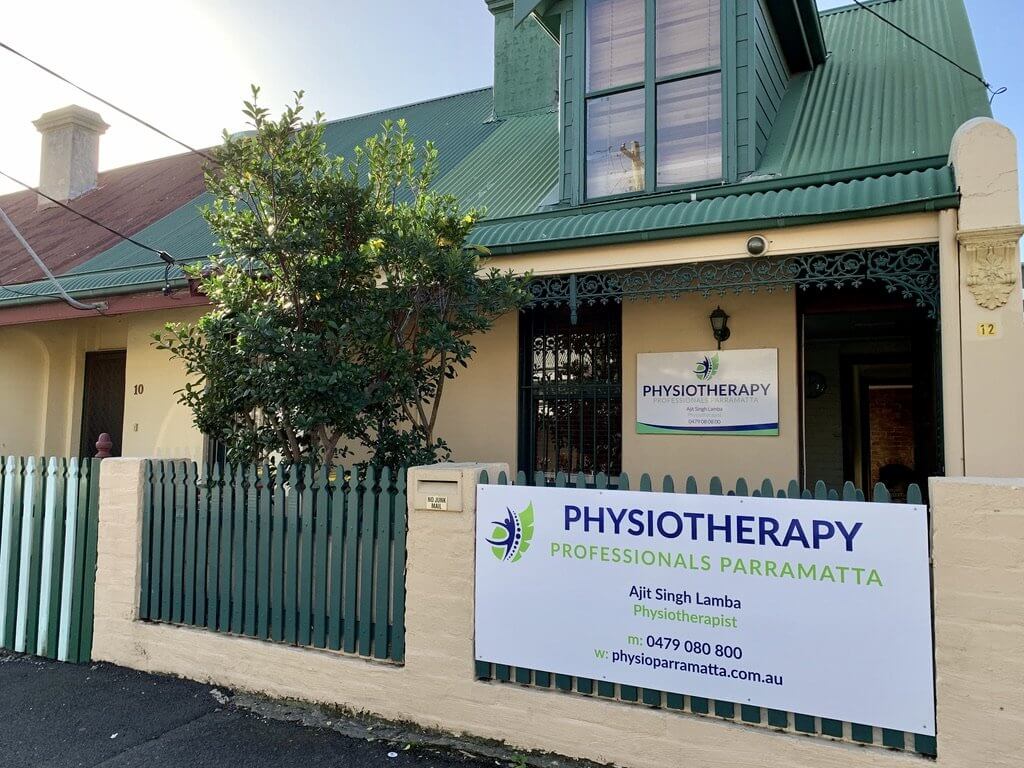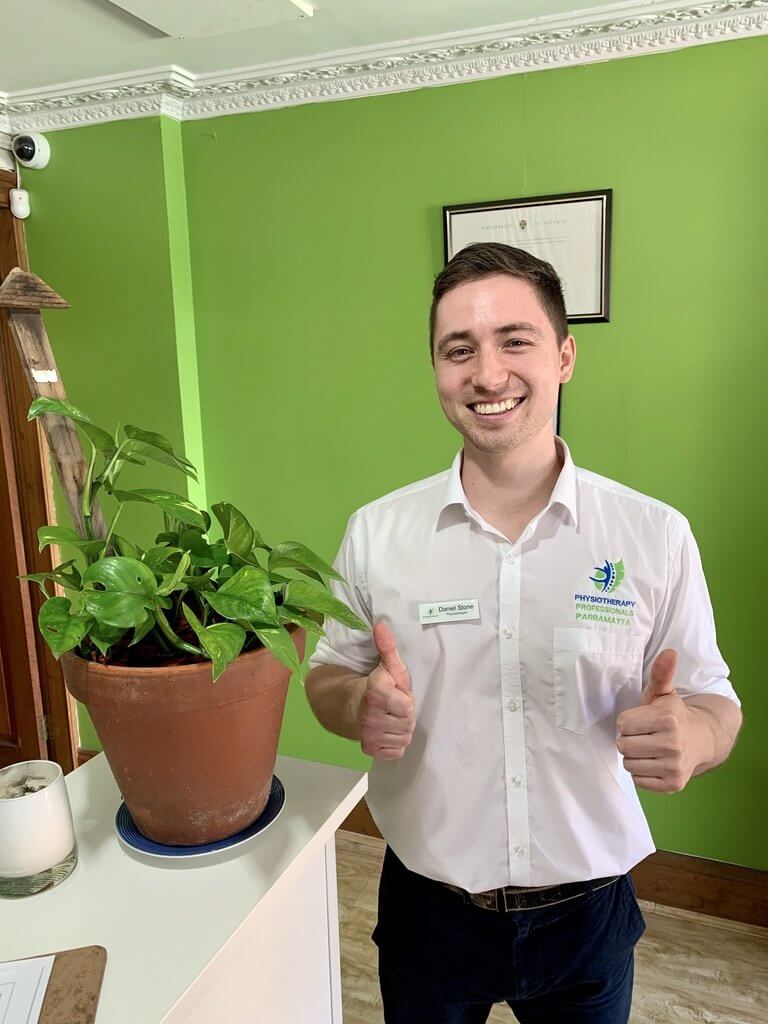Shoulder Bursitis Treatment

Shoulder Bursitis Treatment
Shoulder bursitis is the most commonly diagnosed source of shoulder pain on ultrasound and MRI. Shoulder bursitis can also be diagnosed with other similar conditions such as shoulder impingement or subacromial bursitis. Physiotherapy is effective in reducing shoulder pain and improving function. This page contains a relatively simple description of shoulder bursitis, which is intended for general education. Book an appointment with our team of expert Shoulder Physiotherapists for more specific information about Subacromial bursitis assessment and treatment.
What is Shoulder Bursitis?
Shoulder bursitis is technically a non-specific phrase that describes an inflamed bursa in the shoulder region. A bursa is a structure in our body which sits inbetween a muscle and a bone. Around 160 bursae (plural for bursa) can be found throughout the body, between structures like bone and muscle. They function to reduce friction, like a plastic sleeve would if you placed it between your hands and rubbed them together. The function of a bursa becomes impaired if its inflamed or swollen, which can be considerably painful.
Subacromial bursitis, commonly caused by shoulder impingement is the most common type of shoulder bursitis. The subacromial bursa sits below the acromium (hence the name ‘subacromial’) of the shoulder blade which forms the roof over the ball and socket joint of the shoulder.
What causes Shoulder Bursitis?
1. Shoulder Impingement:
The rotator cuff muscles function to keep the ball of the shoulder centred in it’s socket when the arm is raised above head. External shoulder impingement occurs when the ball of the shoulder moves abnormally upward and compresses structures like the subacromial bursa and rotator cuff tendons against the acromium above. Shoulder impingement is the most widely accepted cause of shoulder bursitis.
2. Rotator Cuff Tendinopathy:
Rotator cuff tendinopathy rarely exists without some form of shoulder bursitis. An acute overload such as an increase in painting, throwing or weight lifting can cause abnormal swelling of the subacromial bursa and rotator cuff tendons. This common cause of shoulder pain requires specific rotator cuff exercises and shoulder bursitis treatment.
Common Symptoms:
Shoulder bursitis causes an aching pain over the outer aspect of the upper arm.
The pain is typically worse when raising the arm above head and lying on the shoulder. Resting the arm by the side of the body typically eases the pain.
Treatment:
This section includes general advice on shoulder bursitis treatment that may benefit you.
Acute shoulder bursitis can be attributed to a recent increase in shoulder activity. Acute shoulder bursitis treatment should include:
- Rest and avoiding excessive shoulder activities
- Massage and dry needling for pain relief and muscle tension
- Taping of the shoulder for pain relief and improved function
- Short term rest from overhead and repetitive shoulder movements
Chronic shoulder bursitis may not have an easily identifiable cause. Chronic shoulder bursitis treatment should include:
- Thorough assessment of daily activities that may stress the shoulder
- Physical assessment of the shoulder
- Physical assessment of the neck to determine it’s effect on your shoulder pain
- Massage, dry needling and other manual therapy of the shoulder
- Correction of postural and shoulder blade abnormalities
- Shoulder mobility exercises
- Rotator cuff and other shoulder muscle strengthening exercises
Medical Treatment for Shoulder Bursitis:
- Anti inflammatory medication
- Cortisone injection into the subacromial bursa if required
Contact Us:
Do you need assistance with your injury? Experienced Physiotherapists with essential knowledge. You can call us anytime to have a confidential discussion with our expert Physiotherapists. For more information on how we can further assist you, please call our clinic number on 0479 080 800 or send us an email on [email protected] for further details. Our Physiotherapists are Medicare, NDIS, DVA and Work Cover approved, specialising in injury management and rehabilitation to get you back on track.

Foot and Ankle Pain
Frozen Shoulder Treatment
Knee Rehabilitation Program
Shoulder Pain
Hip and Knee Physiotherapy
Hand and Finger Injuries
